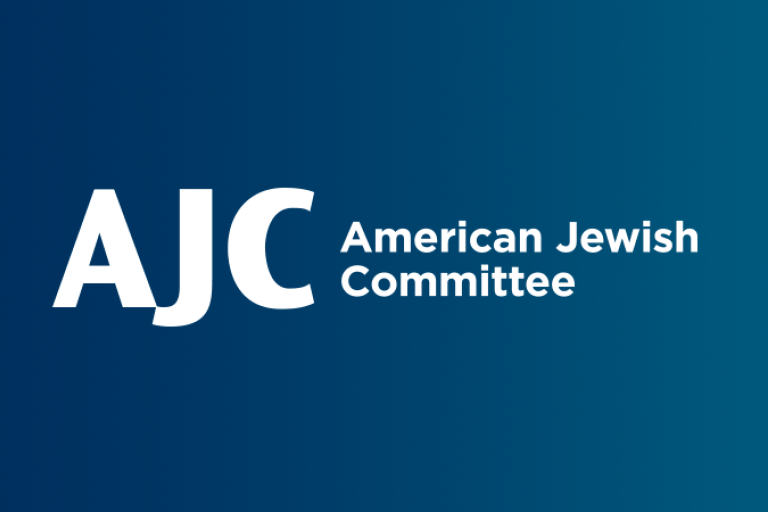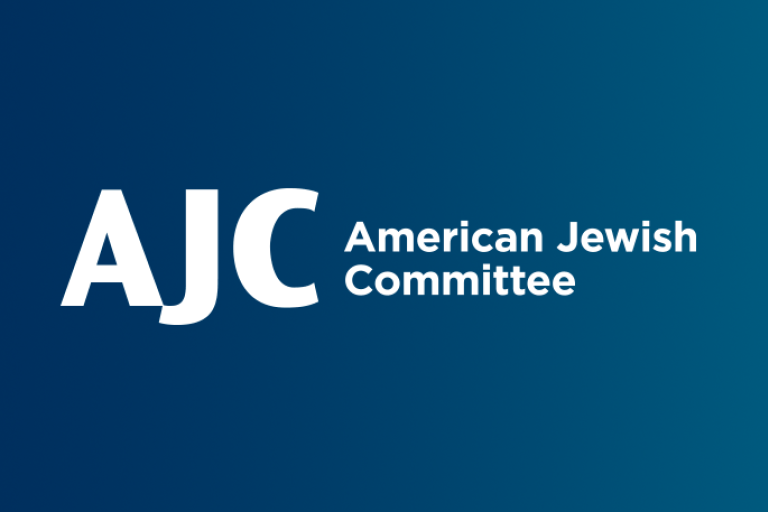February 4, 2021 — Miami, Florida
This piece originally appeared in the Miami Herald.
By Francis X. Suarez and Brian D. Siegal
Miami’s strength and success rests on its diversity — ethnic, racial, cultural and religious. Bigotry against anyone in our city is bigotry against everyone, and an attack on anyone of us — for who we are — is an attack on all.
This is especially true when it relates to religious freedom and antisemitism. Miami must lead in standing up to religious bigotry, specifically the kind targeting Jews. But let’s be clear: Antisemitism is not unique to Miami, or to Florida. It is a growing national, indeed global, scourge.
Jews make up less than 2 percent of the American population; yet they were the victims of 60.2 percent of anti-religious hate crimes, according to the latest FBI Hate Crimes Statistics report. The American Jewish Committee’s (AJC) 2020 State of Antisemitism in America report found that 88 percent of Jews consider antisemitism a growing problem in the United States. While 35 percent had been victims of antisemitism over the past five years, 31 percent had taken measures to conceal their Jewish identity in public.
All leaders in government, in civil society, must speak out and mobilize their constituencies to confront this evil, recognizing that antisemitism is not a Jewish problem; it’s a societal problem — a national danger. Having a clear and common definition of what precisely constitutes antisemitism is essential.
Last September, Miami took the lead when the City Commission adopted a resolution embracing the International Holocaust Remembrance Alliance’s (IHRA) Working Definition of Antisemitism. It is widely considered the gold standard of defining discrimination. It provides a clear, comprehensive description of the multifaceted nature of antisemitism including: discrimination and hatred of Jews; religious or ethnic stereotypes; historic and newly emerging conspiracy theories about Jews; Holocaust denial or the distortion of the historical record; and anti-Israel animus, which denies facts and seeks to target Jews or deny the Israel’s legitimacy and right to exist.
Fundamentally, the working definition is an educational tool to train educators, law-enforcement agents and civil society on what antisemitism is — and what it is not — and how it manifests in our society. The City Commission resolution “directs the city manager to ensure that the IHRA Working Definition of Antisemitism is available as an education resource for the Department of Police and other city departments and agencies responsible for addressing antisemitism and other forms of discrimination.”
But to be effective beyond Miami requires mobilizing municipal leaders across the state and country. That is why the U.S. Conference of Mayors (USCM) and AJC have partnered on a national initiative, calling on mayors to declare unequivocally that antisemitism is incompatible with American values, human rights and the pillars of a free, democratic society. By signing the Mayors United Against Antisemitism statement, mayors across the nation are condemning hate targeting Jews in all its forms.
The initiative was launched on Jan. 27, International Holocaust Remembrance Day, an annual commemoration of special meaning to the large community of survivors in Miami. While Jews’ situation in America today certainly is not comparable to the dark period of the past century, words matter. Antisemitism must be called out immediately.
Municipal leaders have a responsibility to protect all citizens from acts of hate and bigotry; and they must have the tools to do so.
By clearly defining antisemitism, we can identify and report antisemitic acts decisively and better understand who is behind threats and attacks on Jews, as well as other minorities. Mandating local law-enforcement agencies to accurately monitor and report hate incidents is crucial. Passage of the No Hate Act must be a priority for Congress and the Biden administration, boosting vital law enforcement and information countermeasures.
The USCM-AJC initiative also acknowledges that the internet and social media are promoting antisemitism and other hatreds, linking racists and radicalizing adherents who may live thousands of miles apart. A concerted, principled response is required to raise awareness, educate and ensure the truth prevails.
Seeing American pluralism as a strength and building communities of conscience is central to fighting religious bigotry. Miamians must affirm that a climate of mutual understanding and respect among all citizens is the bedrock of pluralistic communities.
In doing so, Miami will be a stronger community and a model for other cities in upholding our values of democracy, human rights, pluralism, mutual respect and religious freedom.
Francis X. Suarez is the mayor of Miami. Brian D. Siegal is director of American Jewish Committee, Miami and Broward County Region.


